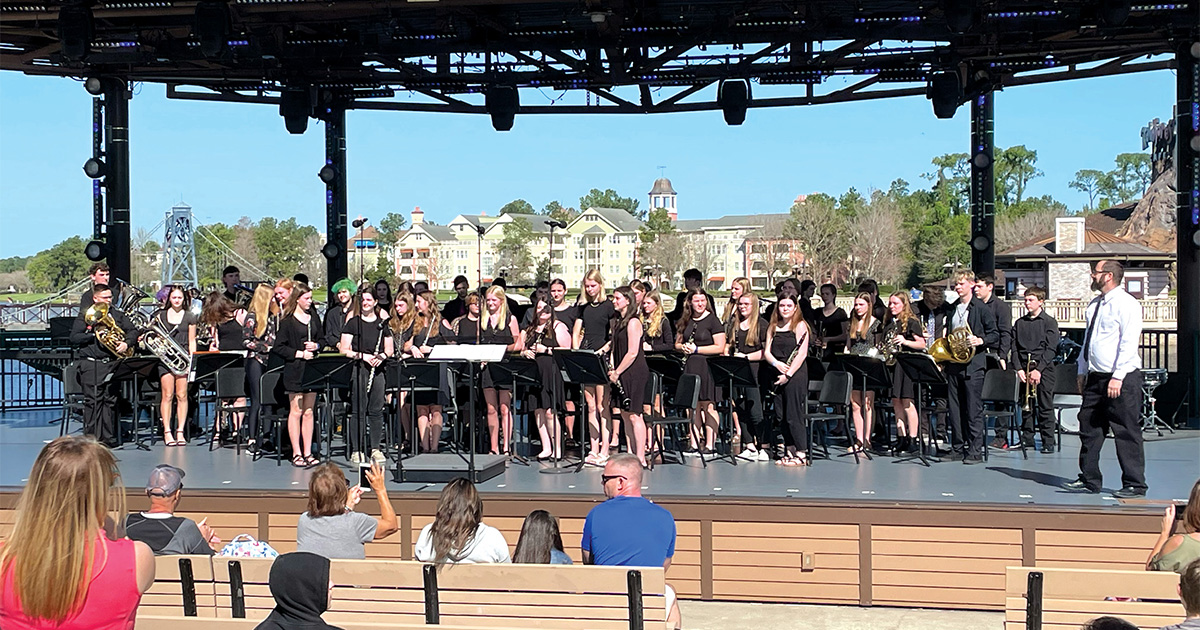Taking a “gap year” between high school and college is becoming more popular among American students. Gap years are used in various ways, for volunteer work, academic pursuits, travel and other activities.
High school teachers have long been taught to emphasize entering college directly after graduation—particularly with at-risk students—to minimize the odds they will let college opportunities slip away. While National Center for Education Statistics studies continue to indicate students who do not enroll in higher education right away are less likely to earn a degree, parsing the statistics about a planned gap year versus an ambiguous delay shows the gap year also benefits at-risk students.
There is no single recipe for a productive gap year.
Some students use travel to immerse themselves in a language they’d like to become more proficient in; some find internships to explore potential career options; some seek remote locations where they can “unplug” and experience a different way of life before embarking on a career pathway. Experiential learning is the common thread of productive gap years.
The Office of Career Services at Harvard University advises students to break their year into segments and identify goals for each, planning a budget and utilizing resources that provide volunteer, cultural and educational experiences. Students who take a year off without a plan may end up seeing that time slip by with no return on their investment, getting into the habit of lazy days of video gaming or Netflix. Creating a solid plan at least six months before graduation is recommended.
An entire year may not be necessary. Tailoring a plan to a specific goal may involve experiences with a set timeline. A student who wishes to explore a career field may be able to arrange a summer internship or create an itinerary of activities that spans a semester instead of an entire academic year.
Many prestigious schools have added programming to help students make the most of a gap year. Princeton University offers a Bridge Year program that allows students to spend an academic year on community service and cultural immersion in China, India, Peru or Senegal. Tufts University, Florida State, University of North Carolina Chapel Hill, Elon University and St. Norbert College also offer bridge year programming.
Many companies offer gap year programming, too. Sussing out which companies are most reputable could be tricky for students; this may be an area where they need guidance in terms of research, vetting and comparison shopping. Using resources suggested by the student’s university of choice is a good start.
Students can protect their slot at the college of their choice by securing admission during their senior year, then applying to defer enrollment. While each college has a unique deferment policy, often a student is simply required to write a letter explaining why they would like to defer enrollment. Some colleges require a tuition deposit.
The Gap Year Association, a nonprofit organization located in Portland, Oregon conducted a survey in 2015 amongst just over 1,000 people who had completed a gap year. The study found that the most common outcomes reported by participants included increased self-awareness, confidence, self-reflection, maturity, and ability to interact with those different from themselves.
Are you ready for a gap year? Questions every student should be able to answer:
- Can you afford it? Who will be responsible for paying your bills? Can you work as part of your experience?
- Will you be OK on your own? Have you traveled or lived alone before? Can you cope with being in a new place where you don’t know anyone?
- Are you physically ready? Do you have the proper vaccinations? Can you handle lack of air conditioning, getting around without a car and other changes? Have you looked into health insurance details?
- Do you know how to stay safe? Have you researched the region to see what the risks might be? Are you comfortable with the cultural expectations there?
- Do you know why you’re going? Do you have an “elevator speech” that outlines your goals and how you hope to achieve them? This help to clarify why you’re going and may be helpful in interviews for jobs or college placement.
Written by Jennifer Reynolds, Contributing Writer for Teach & Travel.
This article originally appeared in Teach & Travel.




